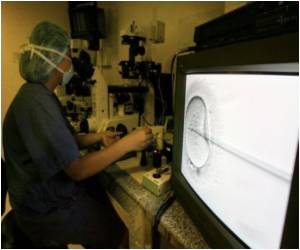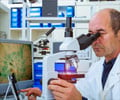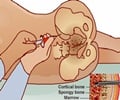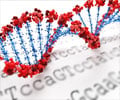A group of researchers from Italy and the United Kingdom sought to achieve diagnose of genetic disease in embryonic DNA without the use of a biopsy.

This technique allows couples with a high-risk of passing on inherited diseases, to increase their chances of having a healthy baby. Despite the theoretical benefits of PGD, clinical outcomes using these technologies vary, possibly because of the need to remove one or more cells from the embryo using biopsy.
By extracting fluid from human embryos at the blastocyst stage they found that it contains DNA from the embryo. Blastocysts are 5 or 6 day old embryos and are at the last free-living stage that can be studied in the laboratory prior to transfer into the uterus. They contain between 50 and 300 cells that surround a fluid-filled cavity called the blastocoels.
The researchers carefully removed fluid from the blastocoel, leaving the cells intact; the sampled blastocysts were subsequently cryopreserved. Analysis of this fluid showed that it contained cell-free DNA in a state good enough to determine several known genes of the sex chromosomes by polymerase chain reaction (PCR); whole genome amplification and followed by analysis using a specialized tool for genetic testing called a DNA microarray were also used and revealed whether the embryos had a normal number of chromosomes – chromosome abnormalities are one of the main causes of miscarriage and failure of embryos to form pregnancies during IVF treatments.
"This is the first time that embryonic DNA has been detected in the human blastocyst without the use of biopsy," explained lead researchers Dr. Simone Palini Ph.D., from the IVF Unit at Cervesi Hospital in Cattolica, Italy and Dr. Galluzzi from University of Urbino in Italy and Dr. Dagan Wells from University of Oxford, United Kingdom.
"This is a technique that most embryologists can easily master," Dr. Buletti who directs the IVF team at Cervesi Hospital Cattolica and Prof. Magnani, Chairman of the Department of Biomolecular Sciences of the University of Urbino, added. "More work needs to be done to confirm our results, but we hope that this approach will ultimately help infertile couples achieve their dream of having a family. It may also improve the options for families affected by severe inherited conditions, helping them to have healthy babies."
Source-Eurekalert
 MEDINDIA
MEDINDIA




 Email
Email










